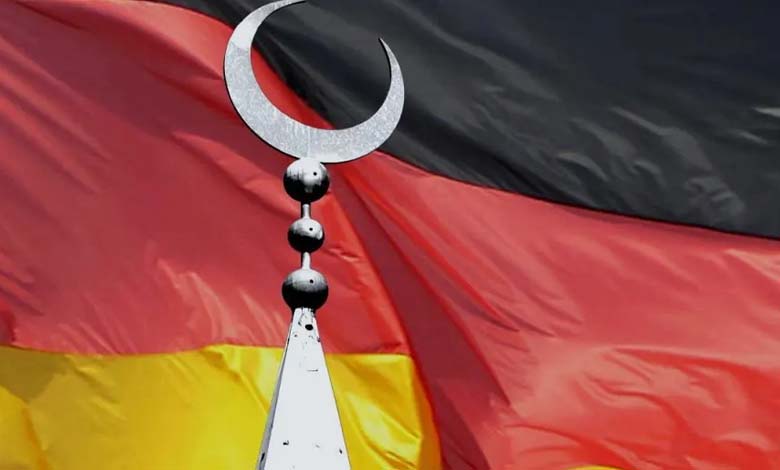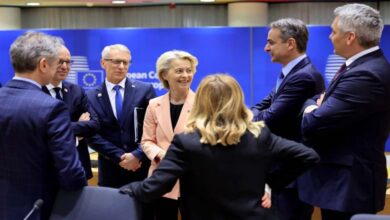Germany’s Muslim Brotherhood between delayed ban and soft confrontation: Is the European equation about to change?

Despite growing political and security warnings about the expanding influence of the Muslim Brotherhood in Germany, Berlin continues to approach the issue with legal and political caution, keeping the option of a comprehensive ban postponed indefinitely.
-
One of the key religious leaders of the Muslim Brotherhood in Germany and Europe… What do you know about Taha Sulaiman Amer?
-
A press report reveals details of a bill to blockade the Brotherhood in Germany
The report notes that Germany faces a complex legal dilemma since the Brotherhood does not have a single official entity that can be targeted. Instead, it operates through a vast network of associations, cultural centers, and charitable organizations, making it difficult for authorities to identify a legally responsible body. Moreover, German law requires explicit proof of intent to use violence or a direct threat to the constitutional order—something the Brotherhood deliberately avoids in its public discourse, despite intelligence reports linking it to extremist activities both inside and outside the country.
The article adds that the lack of judicial evidence remains one of the main obstacles to a ban, as German courts do not rely solely on security reports but require official documents and material evidence that are difficult to obtain.
-
Silent Infiltration Through 50 Centers… This Is How the Muslim Brotherhood Operates in Germany
-
The Muslim Brotherhood Network in Germany: Organizations and Operational Mechanisms
Political considerations also play a decisive role. The government fears internal backlash that could accuse it of violating freedom of belief or targeting Muslim communities, particularly in Europe’s sensitive climate regarding issues of identity and religion.
At the same time, the report points out that German authorities are not standing idly by. They are pursuing what could be described as a “soft confrontation” by tightening oversight of foreign funding for mosques and associations, enforcing stricter financial transparency measures, and reviewing educational and religious curricula to ensure alignment with constitutional values.
-
Germany… Is the End of the Muslim Brotherhood Near?
-
Report Warns: Muslim Brotherhood Maneuvers in Germany to Infiltrate Society and Expand Its Activities
This dual approach combines strict security monitoring with support for positive integration initiatives for Muslims, in an attempt to isolate the Brotherhood’s narrative without alienating broader communities.
According to the report, the broader European solution lies in building a long-term strategy that strengthens Muslim communities’ awareness of the dangers of political Islam, while redefining the relationship between religion and citizenship on clear democratic foundations. A legal ban alone, experts argue, will not end the Brotherhood’s influence unless accompanied by an intellectual and institutional counterproject that neutralizes the victimhood narrative the group so effectively employs.
-
ISIS and the Muslim Brotherhood under surveillance: Political Islam worries Germany
-
Germany continues pursuit of the Muslim Brotherhood… Details
The German case illustrates that Europe’s struggle with the Muslim Brotherhood is no longer merely a security issue but a battle over awareness and representation. It requires intelligent tools that go beyond confrontation to build viable alternatives capable of protecting liberal values from organized ideological infiltration. Berlin thus appears to be balancing legal caution with political responsibility in a decisive test that could shape the future relationship between Europe and political Islam in the years ahead.












